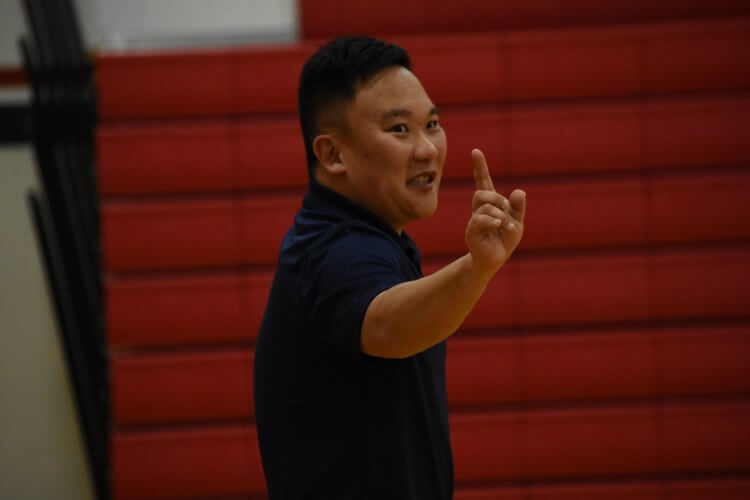(2 Minute Read)
The process a coach uses to develop an athlete can be applied to assist coaches in pursuing a successful head coaching career. Due to the numerous roles and responsibilities, qualified coaches’ preparation and training have become a topic of great importance. New coaches should pursue experiences and opportunities that lend themselves well towards successful head coaching tenures. Findings from a pilot study of twelve NCAA Division I head coaches identified three considerations for assistant coaches pursuing head coaching positions: finding a coaching mentor, gaining coaching experience, and pursuing coaching education.

Coaching Mentors
Lyle (1986) describes mentoring as essential in young coaches’ development because learning from more experienced coaches occurs. Learning how to coach effectively is facilitated by participating in informal and formal learning communities with coaching peers (Gilbert, Gallimore, & Trudel, 2009), who may serve as professional mentors. In a study conducted by Irwin, Hanton, and Kerwin (2004), 91% of coaches in the study identified mentoring as very important in developing elite coaching knowledge. Mentors not only socialize mentees into the profession, but they also help their mentee navigate problems or consider important decision-making factors, to eliminate fumbling over unseen obstacles later on in one’s career (Abravanel, 2012). Citing Coakley’s (1990) initial work acknowledges the importance of veteran coaches on the careers of those who would like to become a full-time coach and suggests that younger coaches’ future usually depends on the sponsorship of established coaches serving as a mentor. Once a mentor has been identified and a relationship established, assistant coaches should gain as much coaching experience as possible.
Coaching Experience
Years of experience as an athlete may influence the developmental stage of learning to coach (Gilbert & Trudel, 2005) and coaches draw on their own experiences, interactions with other coaches, and numerous athletes’ experiences to employ their coaching development (Lynch & Mallett, 2008). While rookie coaches may possess a great coach’s inherent qualities, it is still pertinent to gain a variety of quality coaching experiences (i.e., different athletes, facilities, coaching strategies) in fostering coaching learning and improvement.

